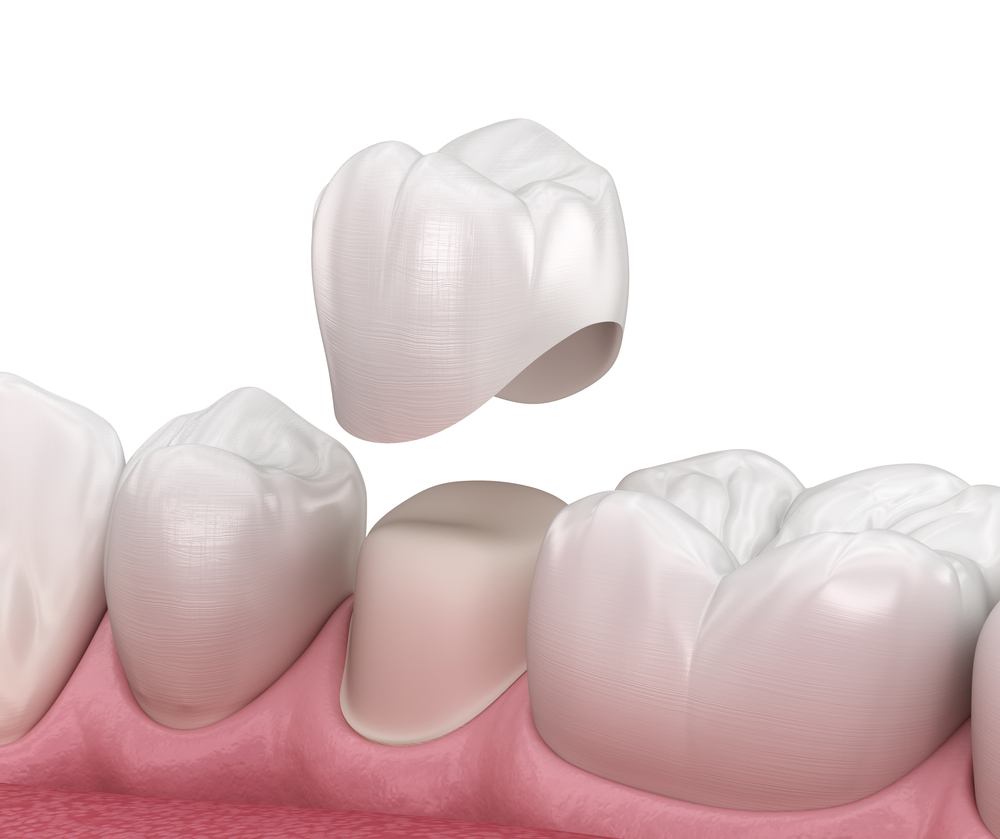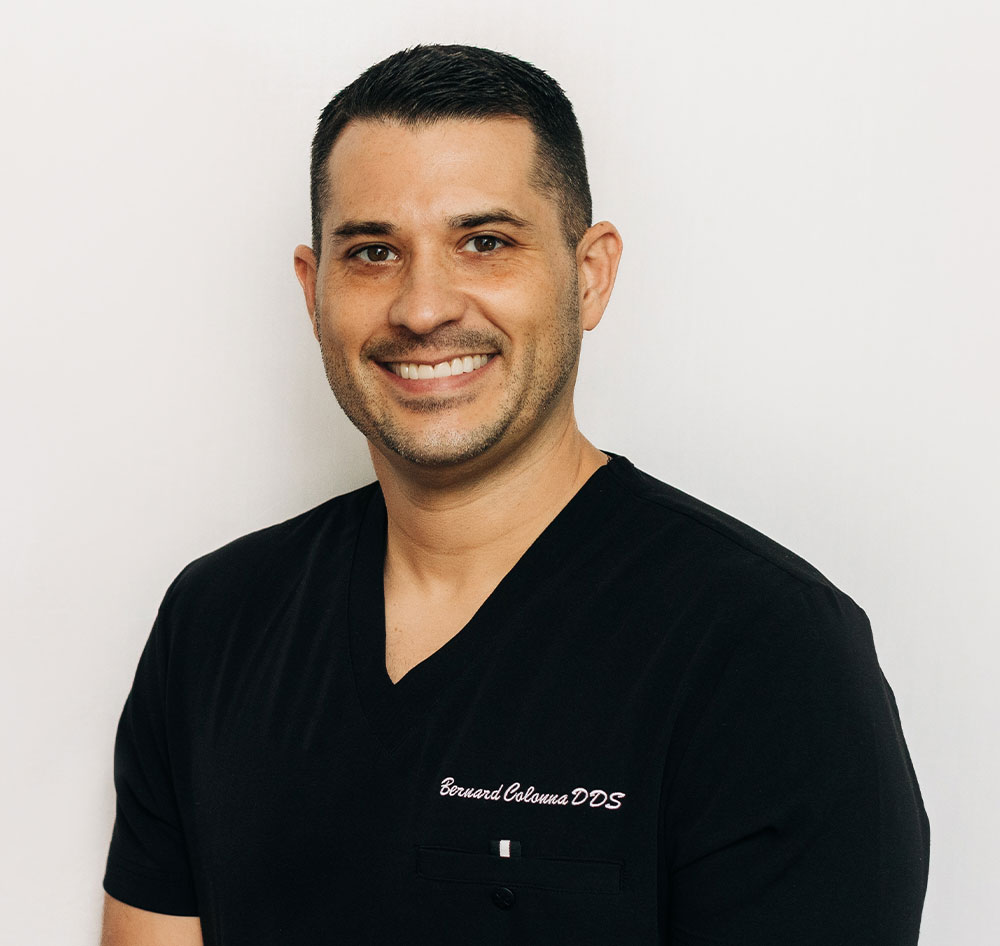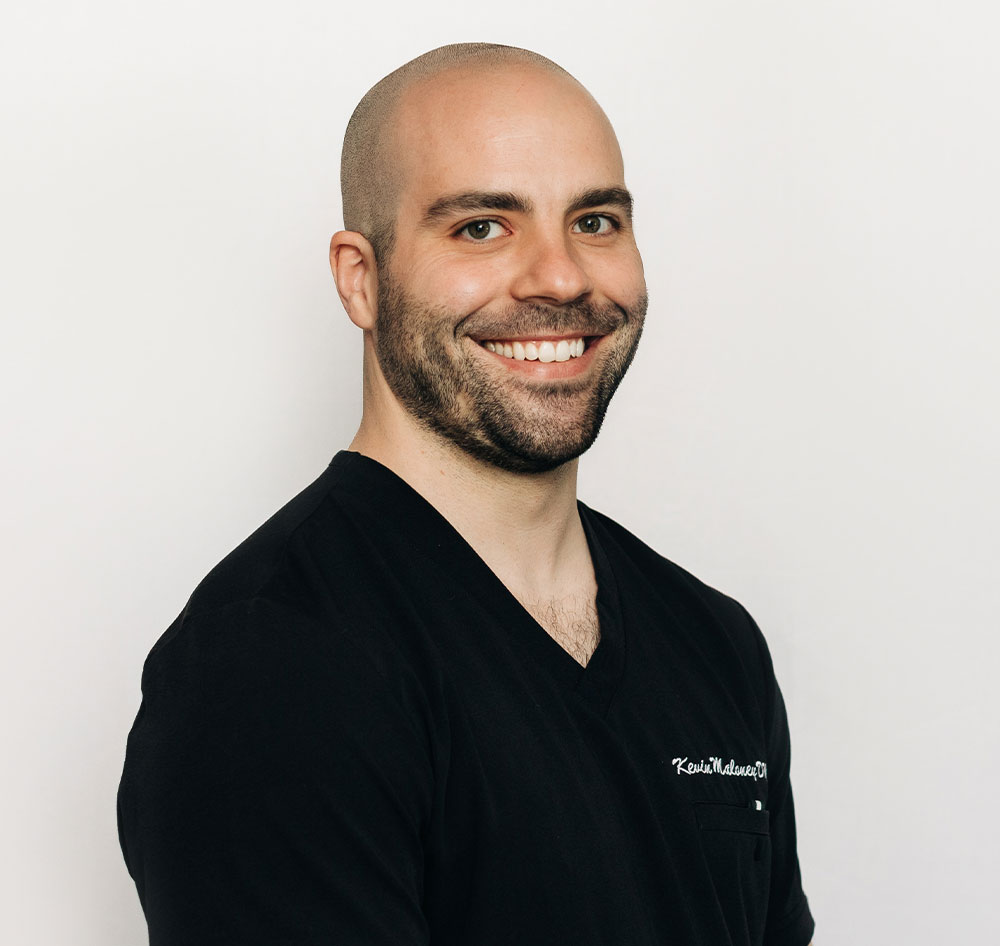Dental Crowns

Dental crowns play a vital role in restorative dentistry. They protect, support, and improve the appearance of damaged teeth. Whether you have a large filling, tooth decay, or a root canal, Amedeo and Colonna, LTD in Park Ridge can provide dental crowns that will restore your smile and preserve your natural tooth structure.
Understanding Dental Crowns
Dental crowns are protective coverings that encase damaged teeth, restoring their functionality and improving appearance. They mimic natural teeth and enhance smiles, boosting confidence. Beyond aesthetics, dental crowns preserve natural teeth, prevent further damage, and maintain dental health.
Whether it’s a tooth with root canal therapy, a large filling, or damage due to decay or trauma, dental crowns effectively address various dental issues. With durability and longevity, they restore and strengthen teeth, ensuring full functionality.
Reasons for Needing a Dental Crown
Dental crowns may be recommended by Amedeo and Colonna, LTD for several reasons:
- Weak teeth: Crowns provide extra protection, preventing fractures and further damage.
- Severe decay: Crowns offer a durable restoration, saving the natural tooth and avoiding extraction.
- Covering implants: They enhance appearance, improve function, and complete the smile.
- Reinforcing large fillings: Crowns reinforce teeth with large fillings, especially in molars, to prevent fractures.
- Restoring broken or damaged teeth: They effectively restore broken, worn-down, or misshapen teeth for proper function and aesthetics.
Different Varieties of Dental Crowns
There are a variety of dental crowns and the professionals at Amedeo and Colonna, LTD in Park Ridge can help you determine which is right for you.
Temporary Crown
A temporary crown is a protective covering placed on a prepared tooth while waiting for the permanent crown. It allows for normal chewing and speaking abilities until the final crown is cemented. Although not as durable as permanent crowns, temporary crowns are designed to withstand normal chewing forces.
One-Day Crown
One-day crowns are a convenient and efficient option for certain patients. With CAD/CAM technology, Amedeo and Colonna, LTD can create and place crowns in just one appointment, eliminating the need for temporary crowns and multiple visits. The procedure involves digital impressions, crown design, and milling with high-quality materials, resulting in precise, durable, and natural-looking crowns.
Onlay or 3/4 Crown
Onlays, also known as three-quarter crowns, are conservative alternatives to full crowns. They preserve more natural tooth structure by covering only the damaged or decayed portion of the tooth. Onlays provide reliable reinforcement to weakened teeth, protecting them from further damage and decay. They blend seamlessly with natural teeth, ensuring a secure fit and an aesthetically pleasing restoration.
The Procedure of Getting a Dental Crown
Getting a dental crown typically involves two visits to Amedeo and Colonna, LTD in Park Ridge. During the first visit, our experts will numb the area and prepares the tooth by removing the damaged or decayed part. An impression is taken to create a custom crown. A temporary crown may be placed until the permanent one is ready.
In the second visit, the temporary crown is replaced with the permanent crown for a precise fit and natural feel.
Caring for Your Dental Crown
Proper care and maintenance of your dental crown play a crucial role in its longevity and success. While dental crowns are designed to be durable, they still require specific care. Here are some essential tips for caring for your dental crown:
- Practice good oral hygiene: Brush your teeth twice a day with fluoride toothpaste and floss daily to remove plaque and maintain gum health.
- Use non-abrasive dental products: Choose toothbrushes and dental floss specifically designed for crowns or dental restorations to prevent damage.
- Avoid excessive force: Be cautious when chewing hard or sticky foods, as they can potentially damage or dislodge the crown.
- Visit Amedeo and Colonna regularly: Attend regular dental check-ups to monitor the health of your dental crown, address any underlying issues, and ensure its proper function and fit.
- Report any discomfort or concerns: If you experience any discomfort, sensitivity, or notice changes in your dental crown, contact Amedeo and Colonna, LTD promptly for an evaluation.
How to Care for a Temporary Dental Crown
Temporary dental crowns require special care to ensure their protection and proper function until the permanent crown is placed. Consider the following care instructions for temporary dental crowns:
- Avoid chewing hard, sticky, or extremely chewy foods that may dislodge or damage the temporary crown.
- Use the opposite side of your mouth to chew while wearing a temporary crown to prevent unnecessary pressure on the restoration.
- Notify Amedeo and Colonna, LTD if the temporary crown becomes loose, dislodged, or causes discomfort, as adjustments or re-cementation may be necessary.
- Proper dental care, including regular brushing with fluoride toothpaste, is essential to maintain good oral hygiene and prevent any decay or damage to the tooth underneath the temporary crown.
- Arrange a second visit promptly if a temporary crown comes off unexpectedly, as leaving the prepared tooth exposed without temporary protection may lead to complications or additional dental problems.
Special Care for a Crowned Tooth
After the placement of a permanent crown, it is important to pay special attention to the care of the crowned tooth to preserve its longevity and ensure optimal oral health. Here are some important care guidelines for a crowned tooth:
- Regularly clean the area around the crowned tooth, paying careful attention to the gum line, using a soft-bristled toothbrush.
- Amedeo and Colonna, LTD may recommend specific dental floss designed for crowned teeth to effectively remove plaque and food particles from hard-to-reach areas.
- Brush the crowned tooth and adjacent teeth gently but thoroughly to maintain good oral hygiene and prevent any decay or gum problems.
- Use fluoride toothpaste to strengthen the tooth enamel and protect against tooth decay.
- Maintain regular dental check-ups and professional cleanings at Amedeo and Colonna, LTD to monitor the status of your crown, address any concerns, and maintain your overall dental health.
The Lifespan of Dental Crowns
The lifespan of dental crowns is dependent on several factors such as the type of crown, materials used, and individual oral care habits. If taken care of properly, dental crowns can last anywhere from 10 to 30 years. However, it is important to note that while they are robust, they are not indestructible.
The longevity of a crown is influenced by various factors such as chewing habits, oral hygiene practices, and the type of material used. For instance, porcelain or ceramic crowns may chip or crack if subjected to excessive pressure or force from grinding teeth. On the other hand, metal crowns are more durable and less prone to fractures but may not match the color of natural teeth.
Regular dental check-ups at Amedeo and Colonna, LTD and good dental care practices such as brushing twice a day using fluoride toothpaste, flossing daily, and avoiding hard foods can prolong the life of your dental crown. It is also important to note that any damage or wear-and-tear on your crown should be addressed immediately. Delaying treatment can result in further damage and may even require replacement of the entire crown.
Factors that Affect How Long Dental Crowns Last
The durability and longevity of dental crowns can be influenced by various factors. Here are some key factors that affect how long dental crowns last:
- Position of crown: Crowns on front teeth generally experience less stress compared to crowns on molars, impacting their durability and lifespan.
- Type of material used: While different types of crown materials offer varying degrees of durability, certain materials, such as zirconia and metal, tend to be more resistant to wear and fracture.
- Oral hygiene practices: Regular brushing, flossing, and rinsing with an antibacterial mouthwash help prevent gum disease, decay, and other issues that can compromise the crown’s integrity.
- Dental care habits: Avoiding habits like teeth grinding, nail biting, chewing ice, or using teeth as tools can help prevent crown damage and prolong their lifespan.
- General oral health: Maintaining good overall oral health, including routine dental check-ups, professional cleanings, and treatment of any underlying dental issues at Amedeo and Colonna, LTD in Park Ridge enhances the longevity of dental crowns.
- Proper restoration fit: Ensuring that the crown fits snugly and aligns correctly with adjacent teeth helps prevent premature wear, tooth sensitivity, and other complications that can affect crown durability.
Alternatives to Dental Crowns
While dental crowns are an effective solution for many dental issues, there are alternative treatments available depending on individual needs and circumstances. Some common alternatives to dental crowns include dental implants, dental bridges, and specific filling materials. Each of these alternatives offers distinct benefits and considerations, and it is important to consult with Amedeo and Colonna, LTD to determine which treatment option is most suitable for your dental condition.
Are There Any Effective Alternatives to Dental Crowns?
Depending on the specific dental situation, there are several effective alternatives to dental crowns. Here are some common alternatives:
- Dental implants: Dental implants are an excellent alternative for missing teeth. Unlike dental crowns, which provide a restoration for damaged natural teeth, dental implants involve the placement of an artificial tooth root, which is topped with a dental crown to restore functionality and aesthetics.
- Dental bridges: Dental bridges can be an effective alternative to dental crowns, particularly for missing adjacent teeth. A dental bridge consists of prosthetic teeth anchored by dental crowns placed on adjacent natural teeth, filling the gap left by missing teeth.
- Filling material: For smaller tooth repairs, such as minor decay or chips, dental fillings can serve as an alternative to dental crowns, particularly in cases where tooth structure preservation is possible.
- Veneers: Dental veneers are an alternative cosmetic dental treatment used to address specific aesthetic concerns, such as tooth discoloration, minor chips, or slight misalignment. Unlike dental crowns, veneers involve minimal tooth preparation, preserving more natural tooth structure.
Schedule a consultation
Dental crowns are a versatile and effective solution for various dental concerns. Whether you need to restore a damaged tooth, improve its appearance, or protect a weak tooth, dental crowns offer a reliable and long-lasting option. It’s important to understand the different types of crowns available and the procedure involved in getting one. Additionally, proper care and maintenance are essential to ensure the longevity of your dental crown. Consult with the professionals at Amedeo and Colonna, LTD in Park Ridge to determine the most suitable option for your specific needs.

 Dr. Colonna
Dr. Colonna Dr. Maloney
Dr. Maloney Meet the Team
Meet the Team



